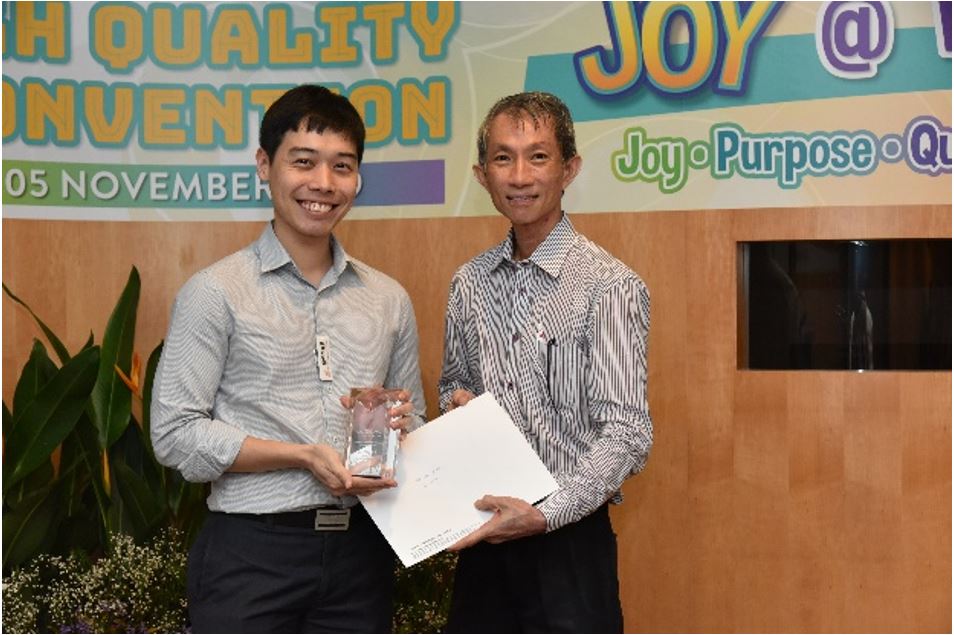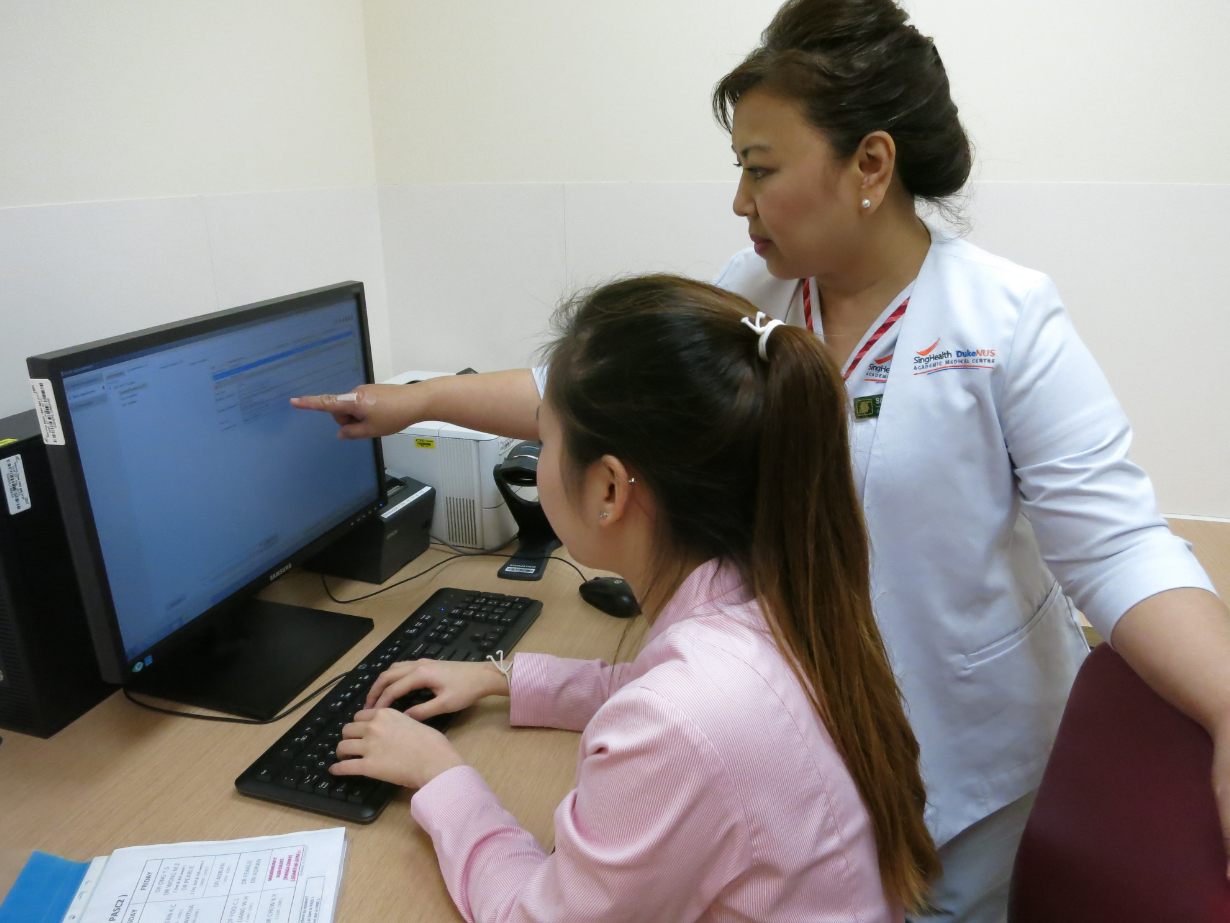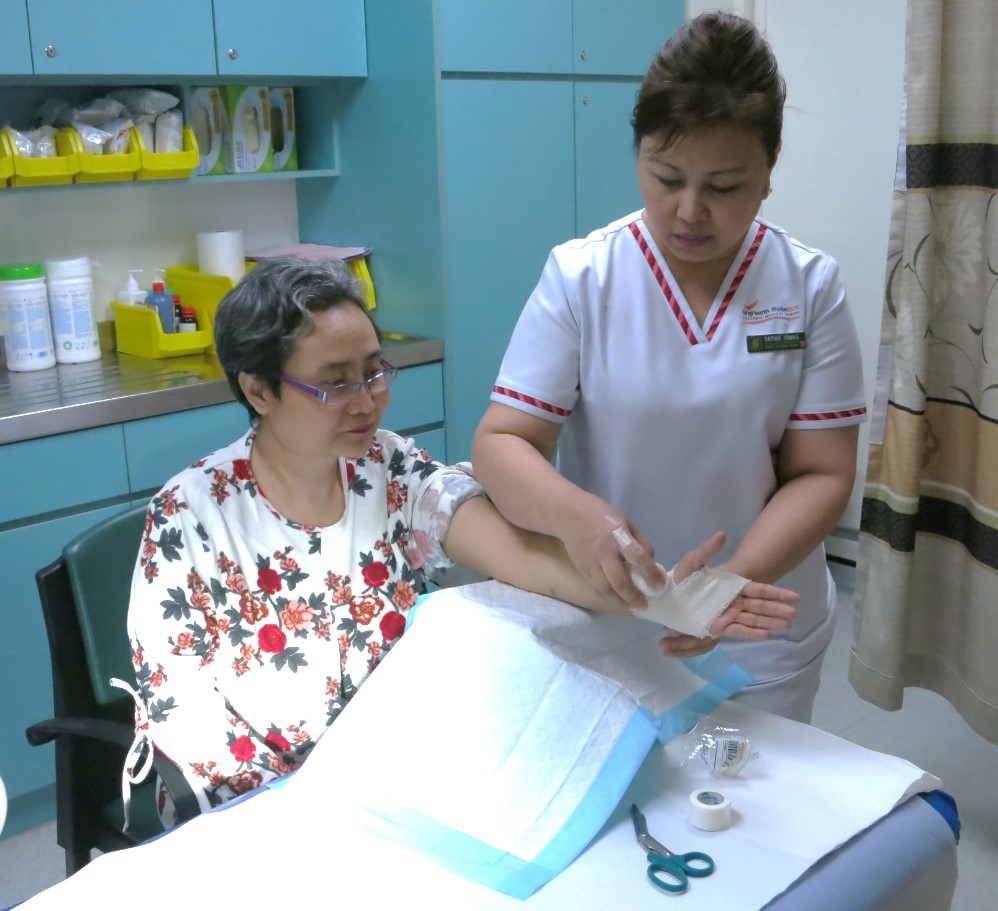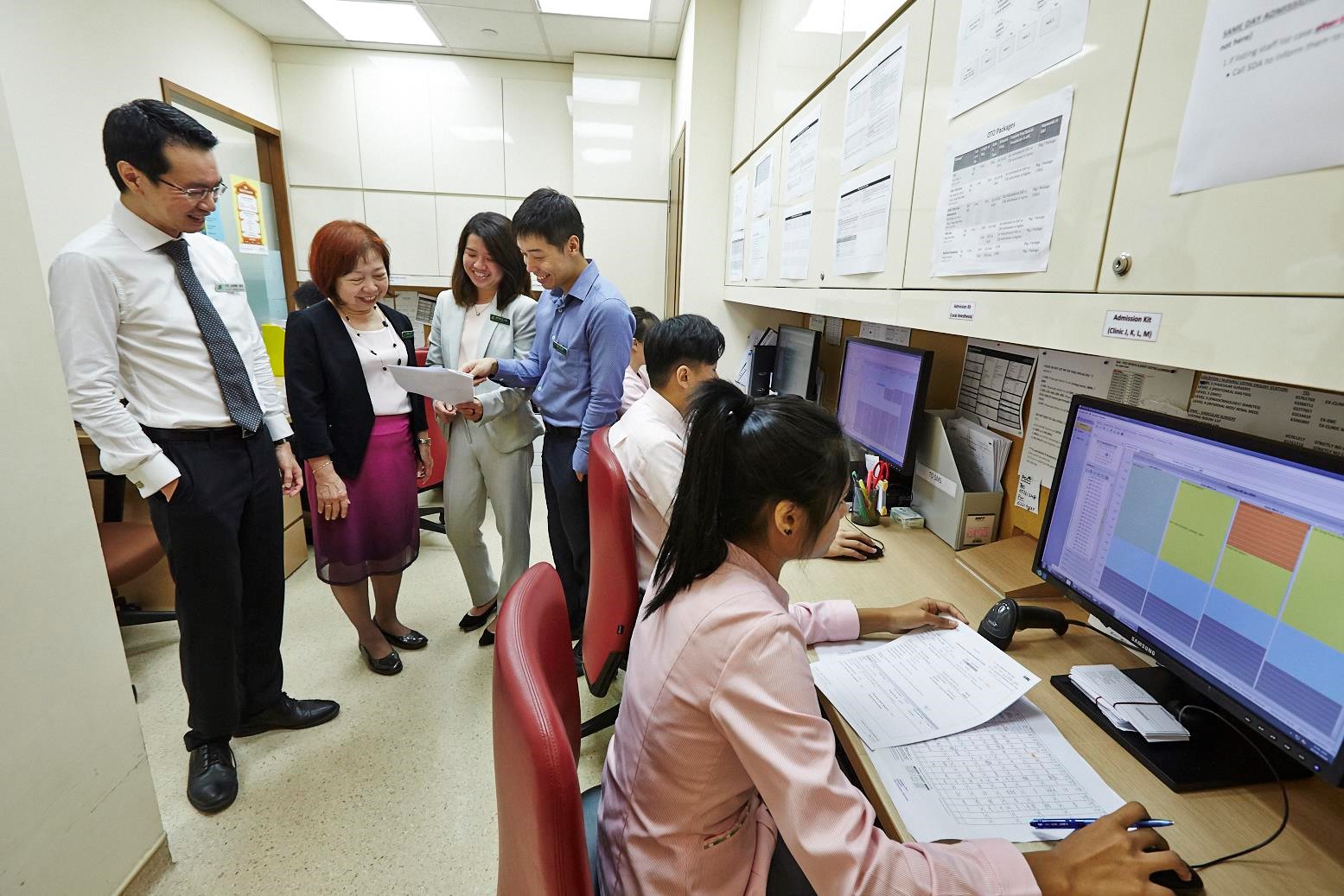QI Star of the Year, Goh Ze Wei, shares how he abolished a 20-year old legacy workflow.

QI Star of the Year is awarded annually as part of Quality Convention to recognize staff who always champion quality initiatives, and who have improved the quality of work/service in SGH.
“I believe in improving processes because this helps to save costs and improve the experience for our patients,” said Ze Wei. As Senior Manager of SGH’s Pre-Op Services department, Ze Wei oversees the Pre-Admissions Centre (PAC) and the Pre-Op Coordination Centre (POCC). The PAC is a one-stop centre that schedules surgery and provides pre-surgery counselling to patients going for planned surgery. This includes financial counselling and pre-anaesthesia assessments. The POCC is a hotline for any enquiries pertaining to surgery plans.
Most memorable QI project?
This would be abolishing a 20-year-old- legacy workflow at PAC. Under the old workflow, the PSAs at PAC collated pre-admission test results and called junior doctors to come to PAC to review the results.
I had just joined the PAC in 2015 when I overheard two junior doctors tell our PSAs that it was a waste of time coming down to PAC to review the test results when they could see the results online. The PSAs responded that there was no choice as this was the workflow. However, when I asked them, the PSAs could not explain to me why the workflow was necessary. I knew that my backroom staff often worked late due to this workflow, and abolishing it would improve their working experience.
I looked through the SGH Infonet and realised that a policy governing the notification of critical test results existed - doctors would be directly contacted by lab technologists for test results that warranted their immediate attention. This confirmed my suspicions that our legacy workflow is no longer relevant due to process changes hospital wide. I surfaced this to my HOD and we amended the workflow.
This QI project taught me the importance of keeping updated on changes around the hospital (because nobody will go out of their way to inform you of changes), and to be willing to completely upend existing workflows when new information is made available.
Main challenge faced when doing QI projects? How to overcome?

To equip PSAs for their new listing role, PAC arranged for them to shadow scheduling nurses who provided hands-on training on reading and understanding surgery order forms.
That would be buy-in from stakeholders - especially from ground staff whose workflow is directly affected. An example is our recent initiative where we upskilled our PSAs to do listing for planned surgery so that we could redeploy our listing nurses to patient care. Initially, the PSAs were concerned. They said they do not have clinical knowledge to do listing. So we supported them with intensive training and competency tests. Also, with more work and a change in job scope, the PSAs asked if they could get more pay. I worked with HR to ensure that they were rewarded appropriately for taking on more responsibility.

As a result of this QI project, SGH was able to redeploy our scheduling nurses to patient care such as clinical duties in treatment rooms.
Advice for those involved in Quality Improvement?
Listen up for complaints from patients or colleagues, and actively address them. No matter how small, complaints could signify a much deeper problem. For example, colleagues may complain that there is not enough time. But this lack of time could actually be caused by a problem in the existing workflow.

Also, be open-minded and look beyond the usual solutions. Exploring alternatives could free you from constraints and speed up implementation. For example, instead of spending time and considerable money to create a proprietary programme, we leveraged on our existing Google Drive and SMS service to convert surgery listing instructions – usually communicated face-to-face in hospital - to a simple SMS that patients can receive on their mobile phones anytime, anywhere. It was free and took us just one weekend to switch to this new mode.
